10 Tips for Singing with a cold: 2023 edition
It’s that time of year again, my friends! Everything was going great and then the seasons change. Given the amount of stuffy noses and coughing I’ve heard in classes this week, I thought today was a good day to revisit and revise my essential tips for singing with allergies and colds! Singing through a cold can be challenging, but there are a few strategies that can help minimize the impact on your voice:
1. Rest your voice: Give your vocal cords as much rest as possible. Avoid excessive talking or singing, and try to limit any activities that strain your voice. Sometimes however, you have a demanding performance schedule and rest is not much of an option so…
2. Stay hydrated: Drink plenty of fluids, especially warm water or herbal tea with honey. Hydration helps keep your vocal cords lubricated and reduces irritation.
3. Use steam inhalation: Inhaling steam from a bowl of hot water or taking a hot shower can help soothe your throat and clear congestion. Adding a few drops of essential oils like eucalyptus or peppermint can provide additional relief.
4. Gargle with warm saltwater: Mix half a teaspoon of salt in a glass of warm water and gargle with it. This can help reduce inflammation and soothe your throat.
5. Avoid irritants: Stay away from smoke, allergens, and other irritants that can further aggravate your throat.
6. Use nasal sprays or saline rinses: These can help alleviate nasal congestion and reduce post-nasal drip, which can affect your singing.
7. Warm up your voice gently: Before attempting to sing, warm up your voice with gentle vocal exercises. Start with humming or lip trills to gently engage your vocal cords without straining them. I have emboldened this step because it is so important!!
8. Modify your singing technique: Adjust your singing technique to accommodate your compromised voice. Singing softly, avoiding high notes, and focusing on breath support can help reduce strain.
9. Consider over-the-counter remedies: Throat lozenges, cough syrups, or nasal decongestants may provide temporary relief, but be cautious and read the instructions carefully.
10. Consult a healthcare professional: If your symptoms persist or worsen, it's advisable to consult a healthcare professional, such as a doctor or an ENT specialist, who can provide appropriate medical advice.
Remember, it's crucial to listen to your body and not push your voice beyond its limits. Rest and recovery are essential for a speedy and healthy vocal healing process.

